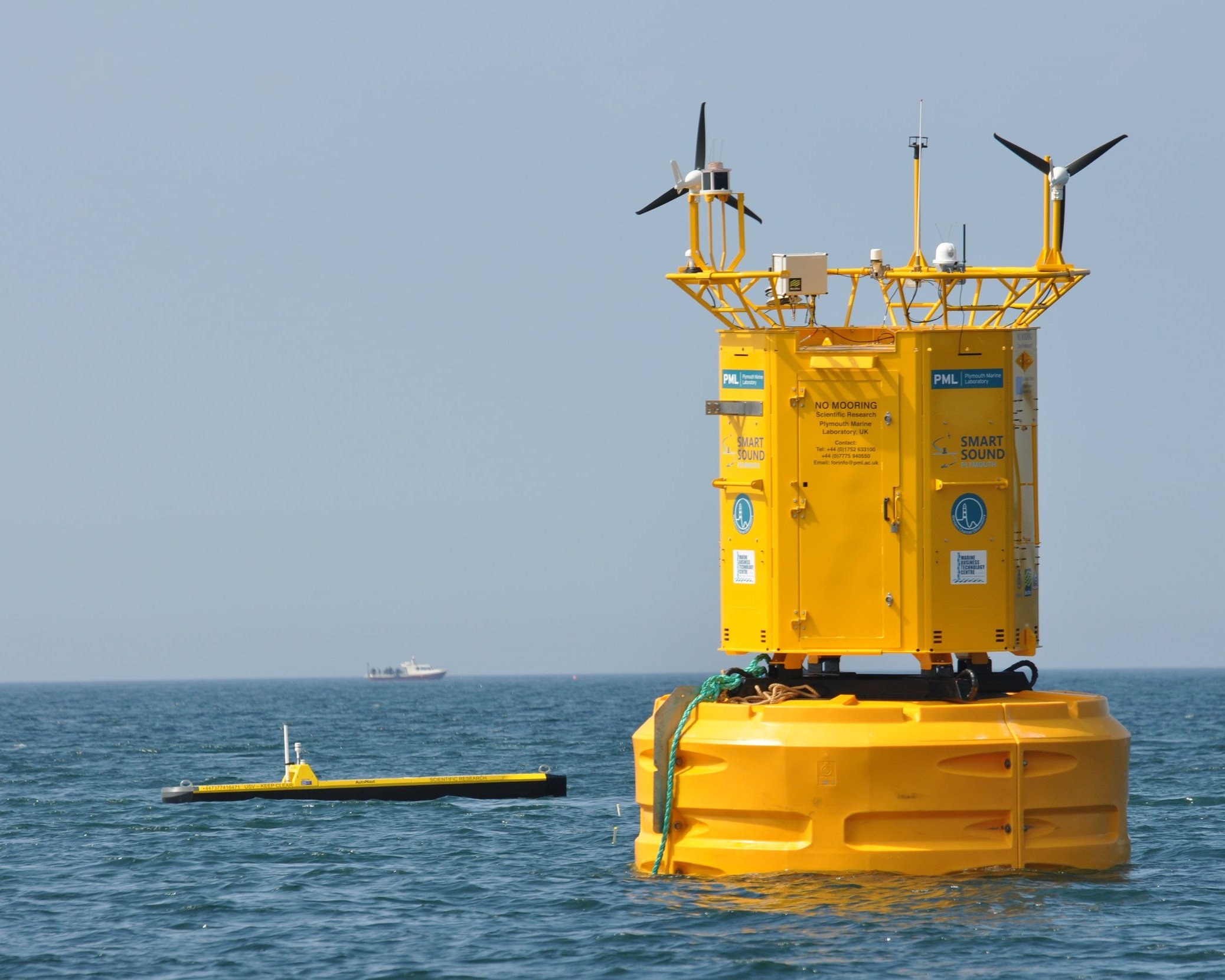
Blue Carbon / Net Zero
The ocean plays a critical role in the Earth’s carbon cycle. It absorbs up to 40% of carbon emissions from human activity, and studies have shown that ocean-based mitigation could go some way to limiting global warming to 1.5 degrees – the threshold which, according to the United Nations, will ‘safeguard a liveable climate’.
Plymouth scientists are undertaking pioneering work in both blue carbon research, and the development and application of offshore renewable energy.
This includes ground-breaking studies into how blue carbon can be monitored and quantified, examining how oceans and vegetated coastal ecosystems (such as mangroves, tidal marshes and seagrass beds) contribute to the global carbon budget, and the identification of innovative solutions for carbon capture.
There are also clear opportunities now to reduce global carbon emissions through increased use and development of marine-based renewable energy technologies.
We are at the forefront of initiatives to connect academia, industry, policy and public stakeholders in the area of offshore wind, wave and tidal energy. Home to world-leading test facilities used to study the performance of emerging devices before they are deployed at sea, its partners are committed to inspiring innovation and maximising societal value through the application of renewable and net zero technologies.
Our research also assesses the impact of new and existing renewable energy installations on species and habitats, in order to support sustainable environmental management now and in the future.







